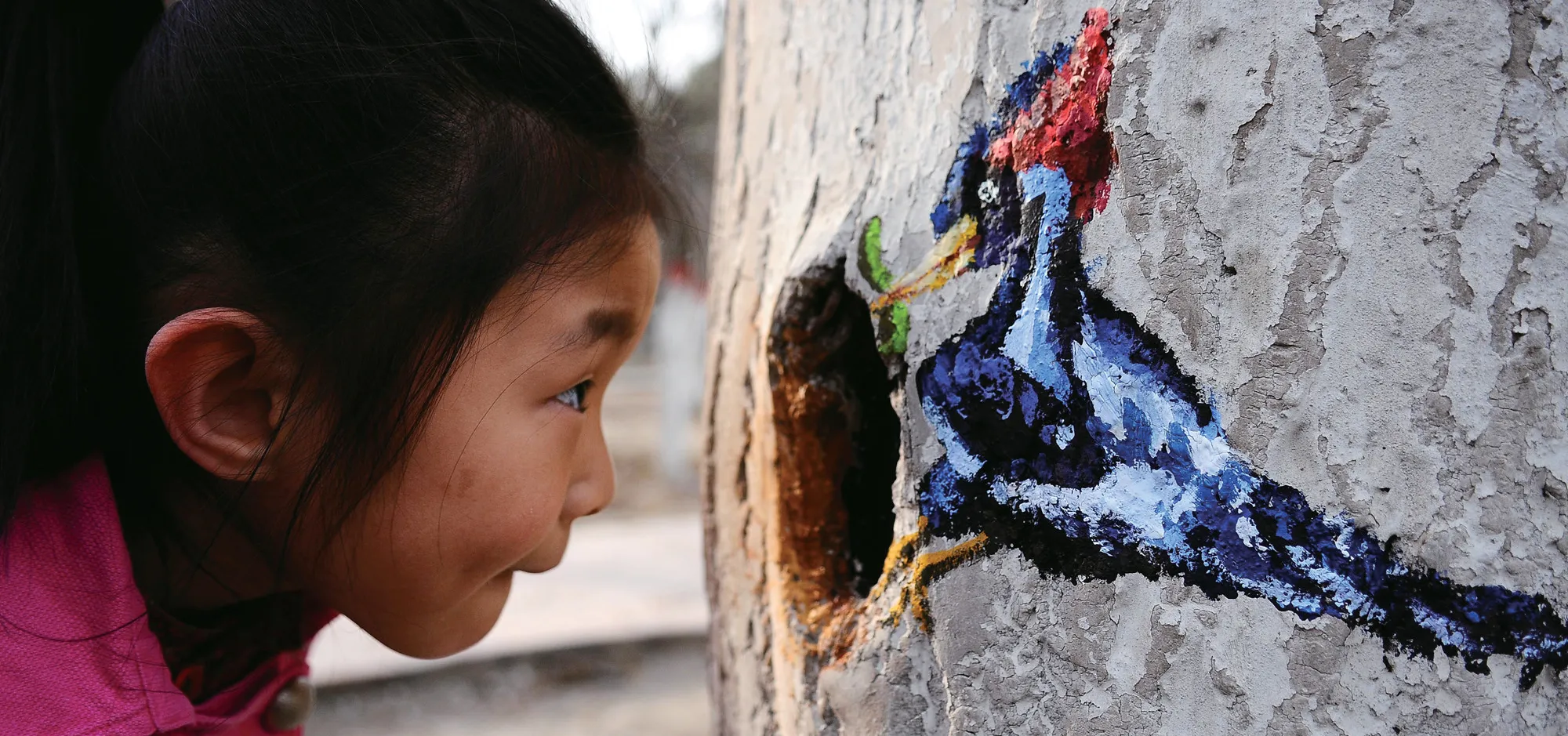Lonely netizens find a community on the social media profiles of the dead
Mocha Official, an obscure video blogger with just 200 followers on Bilibili, will never know that his homepage has become a sanctuary for the internet’s depressed and lonely. Since the 19-year-old was found dead in his rental home on January 19, his videos—which used to only attract comments in the single digits—have been flooded with over six million danmu (弹幕, “bullet screen”) messages that flash across the screen in real time, offering condolence and sympathy to the vlogger who can no longer see them.
Netizens were initially drawn to Mocha’s page by curiosity and pity: His father had left the family due to debts, and his mother was emotionally abusive. In June 2020, he was diagnosed with a rare form of skin cancer and diabetes. He vlogged candidly about living in poverty, and the fear and loneliness he felt during his illness (as well as his interest in anime and gaming), even fainting for several minutes while livestreaming in December.
Viewers’ debates eventually turned to how Mocha’s life and death changed their own attitudes to life. Bilibili has preserved Mocha’s content in a “memorial account,” and it has since then become a “tree hollow (树洞),” a term for spaces on the internet where users can make digital pilgrimages to confess their secrets.
Any social media space can potentially become a tree hollow—indeed, what other point is there to having your own social media account? But the preserved accounts of the dead often attract netizens moved by the life or death of their owner, or else simply wishing to confide in a listener who will always be there and never betray them. The Weibo page of Dr. Li Wenliang, the Wuhan ophthalmologist who died from Covid-19 in February 2020 and was named a national martyr, is now one of the most frequented “tree hollows” in the Chinese cyberspace.
On the microblogging site, users comment under Dr. Li’s account with everyday messages about TV, technology, and sports, as well as to wish a good morning and good night to their hero. His last-ever message, about getting diagnosed with Covid-19, has over 1 million comments: “Doctor Li, my father passed away this year. I believe that he must be free and healthy in heaven now, just like you”; “Doctor Li, I am studying for exams. I am exhausted, but life must go on.”
“Leaving a message in an anonymous cyber place has a special effect, especially for patients with mental illnesses, who always feel a strong stigma around their disease. People want to confess their private feelings, and cyber tree hollows can fulfill their requirements,” Huang Zhisheng, a professor of computer science at the Free University Amsterdam, tells TWOC. “It’s nice to feel as if someone is listening.”
Huang is the founder of the Tree Hollow Movement, a volunteer organization that uses AI to scan social media comments to detect inclination toward suicide. Volunteers then perform interventions, assisting around 100 netizens a day. “Chinese people have a strong herd mentality. They gather together in tree hollows to let go of their thoughts, or even promise to commit suicide together to prove that they are not alone,” Huang says.
Although 80 percent of online comments are emotionally negative by Huang’s estimates, some comments still share fragments of happiness: “Doctor Li, the cherry trees are in full bloom now in Wuhan. Spring is coming. Life is amazing after all.”
Hollow Comfort is a story from our issue, “Dawn of the Debt.” To read the entire issue, become a subscriber and receive the full magazine.












